One of the best ways to boost employability as a student is to use the summer weeks wisely. While soaking in the sounds of Glastonbury and working at an elephant reserve in Thailand may be beneficial to one’s holistic self-development in one way or another, gaining work experience in the field of media and journalism is the best way to boost a CV. Here are ten useful ways that students looking to get their foot in the door of media and journalism can get started:
Start a blog
Writing and managing a blog is an invaluable way to demonstrate your capacity for excelling in the journalistic world. Not only does it demonstrate self-motivation and the ability to work independently, it’s a cathartic way to showcase and develop your writing skills. It’s also great to try and pick a specialisation or a theme, like student life, fashion, or food, for example, as it helps people to remember your blog, gives you a writing focus and stops it from becoming a narcissistic narration of your daily life.
Get social media savvy
Facebook, Twitter, WordPress, LinkedIn, Pinterest, Instagram- use whatever channel you can to publicise your blog, your employment profile or simply your thoughts about current affairs. Twitter is an especially vital tool for aspiring journalists, as following and tagging the right people in your Tweets is a great way to find stories and get your work seen, heard and re-tweeted. Start by following your favourite newspapers, magazines, authors, politicians and key journalism groups like News Associates, Journalism.co.uk and Women in Journalism to name a few.
Read everything
Reading the news every day is like providing journalists with oxygen. The only way that you’ll stay ahead of the game and find the most original news first is if you know what’s out there and what’s going on already. Getting a feeling for the political orientation of broadsheet newspapers is also key, as a common question in journalistic job interviews is ‘What is your favourite newspaper and why?’ Potential employers will want to know that you know what’s going on in the world- and have an opinion about it. 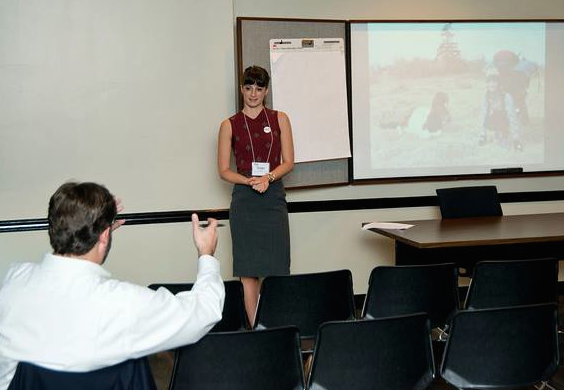
Work experience at your local paper
If you’ve never had journalistic work experience before, one of the best places to start is by contacting your local newspaper or news publication to ask for work experience. Brush up your CV, write a stock introduction you can send to multiple offices and then phone around. Journalists working on tight deadlines hardly ever respond to general enquiry emails, but phoning offices and asking for editorial work experience shows that you’re bold, articulate and unafraid to sell yourself. They’ll most likely ask for a brief introduction over the phone and to follow it up with an email and CV, which you’ll already have to hand. 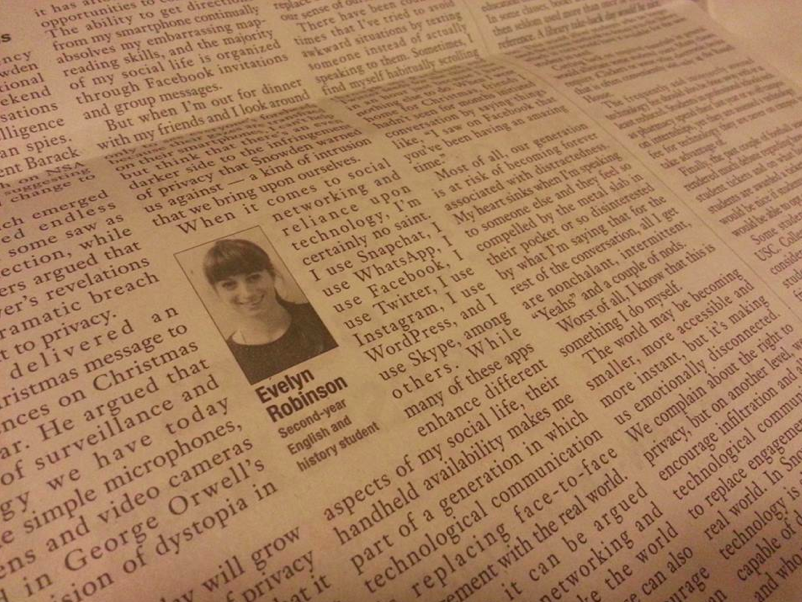
Take what you can get
A newspaper might offer you two weeks, one week, an afternoon, or nothing. Never give up. If work experience isn’t an option, ask if you can come in for a quick chat about careers, as it will be a great opportunity to form a valuable contact and create a lasting impression for future opportunities. If you can’t get a meeting, move on to the next newspaper office, magazine or website. Having the motivation to carry on when you don’t get opportunities first time is just another way of developing the nous and initiative that all journalists need.
Join a volunteering group
If you have a particular area of interest that you dream of writing about in the future- whether it’s women’s rights, human rights, poverty relief or politics, join a volunteering group or committee related to that topic and introduce yourself as a freelance journalist looking to write and publish on behalf of the group. It’s a great way to refine writing about a cause that you’re passionate about and to demonstrate that you can prove to be reliable, organised and creative in a professional setting. Local examples of volunteering groups include Stop The Traffik Liverpool, SARSVL (Support After Rape and Sexual Violence Leeds) and Leeds City Council Libraries.
Travel Writing
For those of you that do go volunteering on an elephant reserve in Thailand, come home and write about it. Post it on your blog, then Tweet about it. Or for those of you yet to depart on exciting trips, try contacting travel companies and travel magazines in advance to see if they would like an entry about your destination. I established a contact via email at Trek America before I travelled the American West Coast on their Westerner 2 tour, and my travel writing is now featured on their website. Another great travel magazine is Verge (@VergeMagazine) who look for longstanding writing deals with people who are working, studying or volunteering abroad. They ask writers for a short bio, a photo and an introductory post for review, and if successful they’ll want a number of posts before, during and after your time abroad. Whatever you do- just make sure that you keep travel writing unpublished on your own blog before you send it to anyone else, as most publications will not accept recycled or used material. 
NCTJ workshops
Gaining an NCTJ qualification for aspiring journalists is like getting a PGCE for aspiring teachers. If you’re currently studying A Levels or an undergraduate degree, enrolling for your Multimedia Journalism Diploma may just be the next step. It teaches you key modules such as public affairs, media law, court reporting and learning shorthand. The UK’s top journalism school for earning journalism qualifications is News Associates (@NewsAssociates), who have offices based in Manchester and London. They hold one-day workshops over the Summer in both of these locations- try contacting them through the email addresses provided on their website for availability.
Think outside the box and stay creative
If you don’t ask, you don’t get. Some of the best ideas are the ones that seem crazy at first. If you have strong experience blogging about student life or higher education, why not contact your old high school and ask if you can give presentations to students about what it’s like in the field? Or if you have a particular subject you think needs to be shouted about, then why not start a magazine at your university? Playing to your strengths and following those crazy ideas with action is the best way to differentiate yourself and stand out from the crowd. 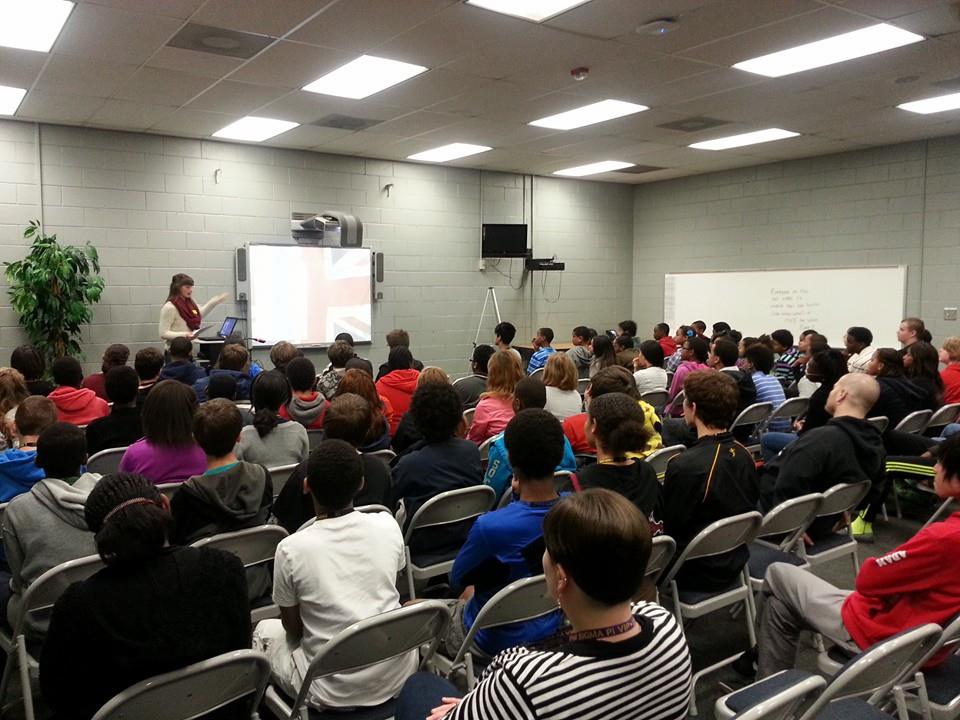
Plan ahead for September
If you’re having no luck getting work experience for the Summer time, another way to use your time wisely is to prepare for September. Whether that means building up your blogging portfolio to wow the newspaper committee, submitting an application for a term-time internship or researching elective modules that relate to journalistic interests, it will help get the wheels turning. A great opportunity going at the moment is with Student Beans (@studentbeans). They’re currently looking to establish local editors in universities (including Leeds) to set their own editorial agenda including news, features and opinion pieces. Find out more here: http://thebeansgroup.theresumator.com/apply/m20DI8/Local-Student-Beans-Editors.html
Alternatively, check out this elective module for Leeds Students called ‘The Digital Professional’, which aims to combine digital literacy with employability: https://www.youtube.com/watch?v=cLKKe8KFJI4
Share this:
-
Pinterest
-
Facebook
-
Email
-
Print
-
LinkedIn
-
Tumblr
-
Like this:
Like Loading...
Tags: blogging, court reporting, current affairs, employment, experience, internship, jobs, journalism, magazine, media law, Multimedia Journalism Diploma, NCTJ, News Associates, newspaper, public affairs, Shorthand, Student, student beans, travel writing, website, work experience, writing


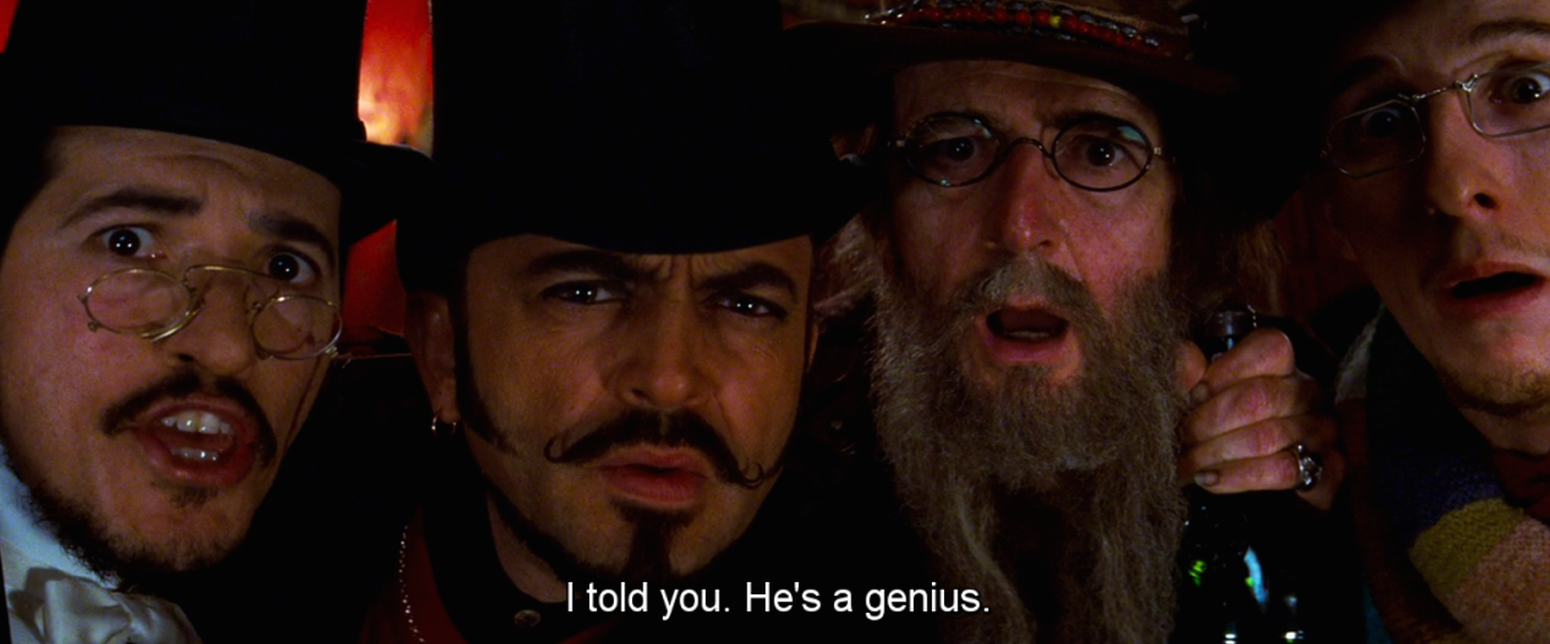





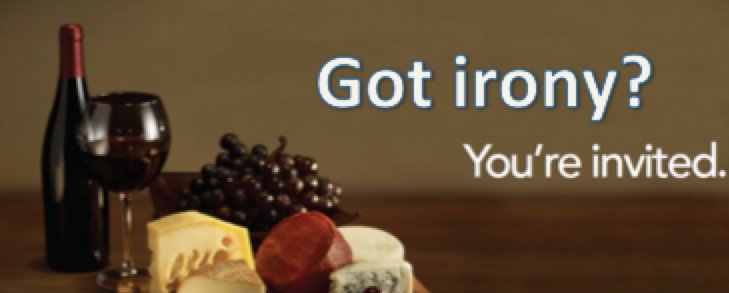
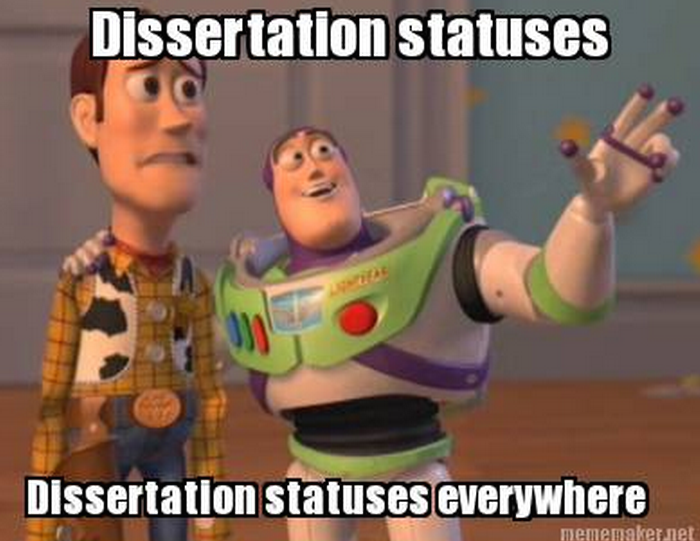

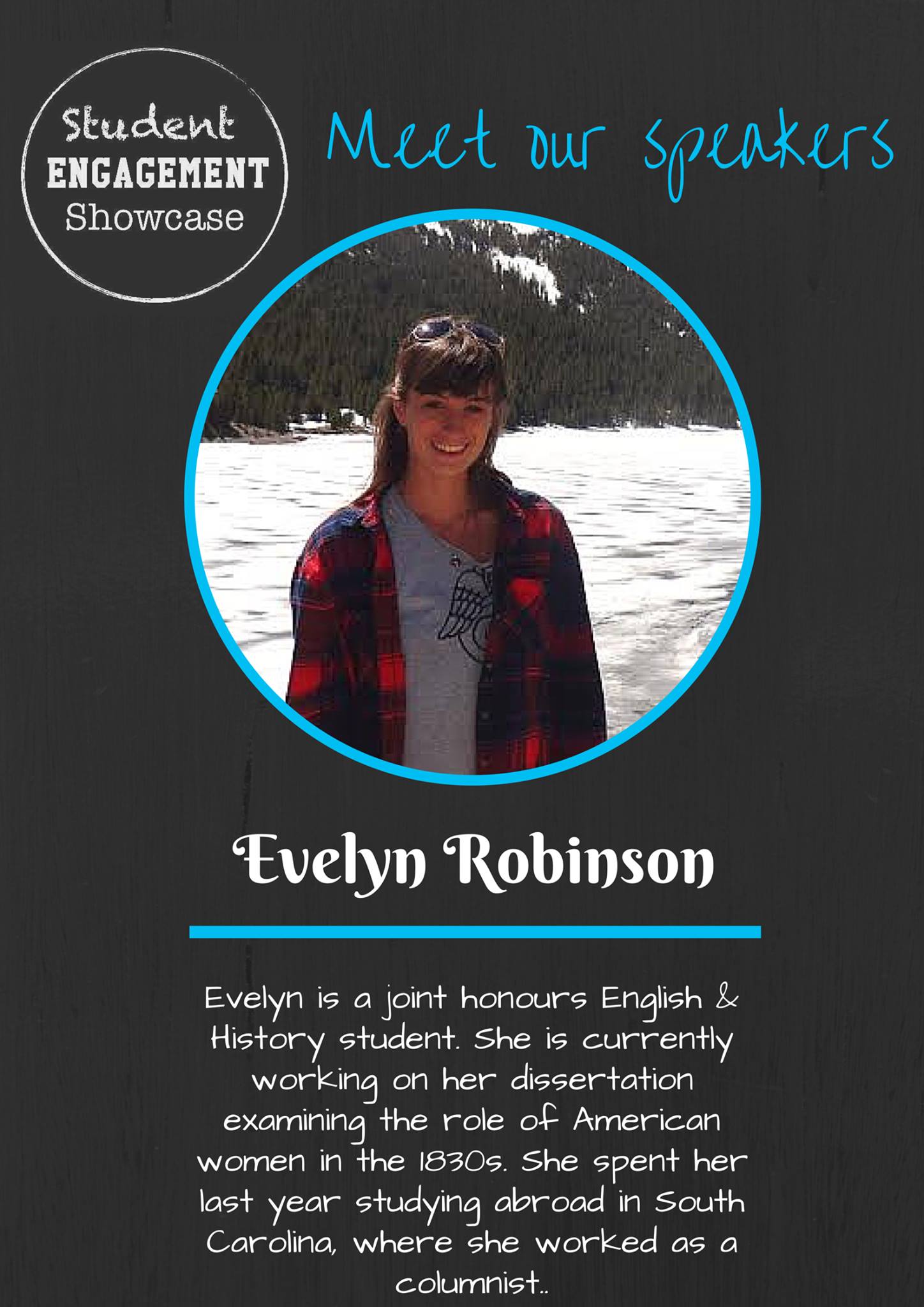
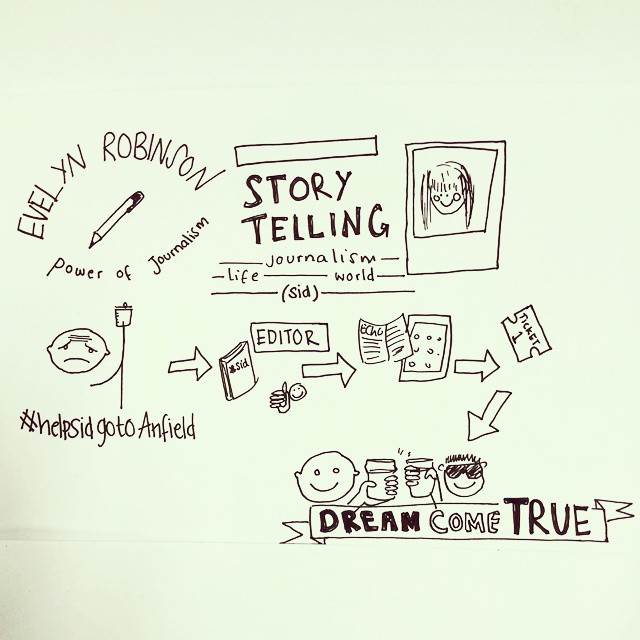

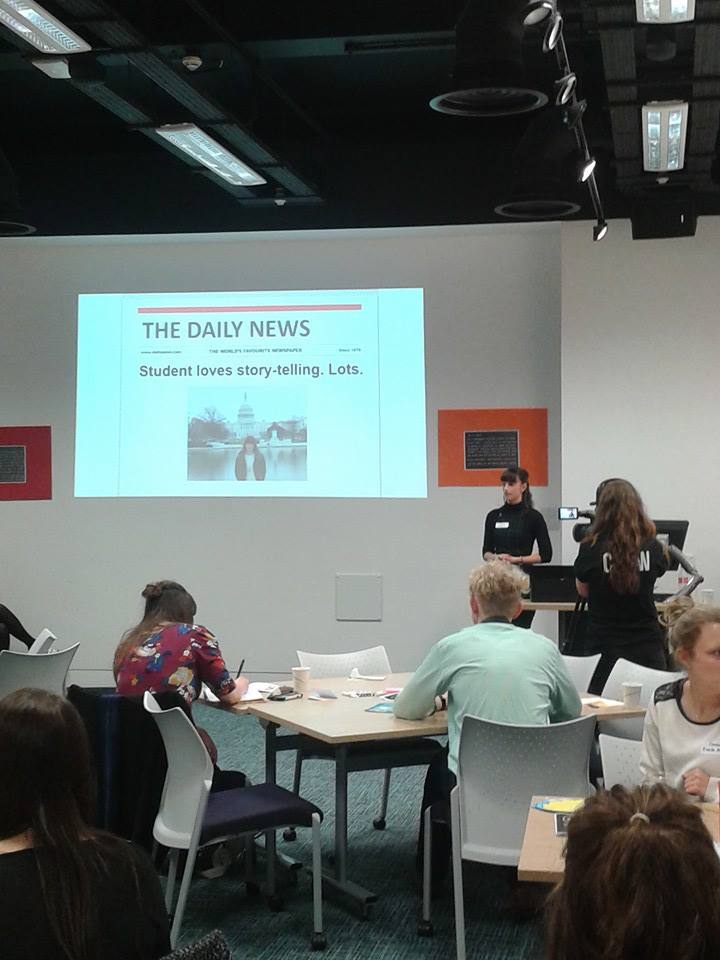















Up-and-coming women’s magazine is turning heads in Liverpool
27 AugAs a long-established blogger and columnist, I’ve managed to pester enough magazines, websites and PR companies to publish my writing over the years. Many students looking to elbow their way in to the blogging world and boost their CVs often ask me for recommendations for who they could submit their work to. I’d like to endorse an up-and-coming women’s magazine in Liverpool that showcases a whole variety of women’s artistic creations.
Heroine Zine’s lovable logo
Heroine Magazine, affectionately known as Heroine Zine, was set up just over a year ago by two creative writing graduates, Abi Inglis and Phoebe Dunnett, both 22, from Liverpool John Moores University. They publish anything that comments on the female experience and explores the history of women’s culture. The duo don’t just publish work from women, though- as they believe that ingenuity and flair are genderless attributes.
Heroine Zine’s Issue 3
What started as a Summer project at university and has grown into a print magazine that highlights women’s creativity, ranging from poetry, prose, photography, art and articles. The duo have enjoyed numerous successes over the past year, from holding open mic nights in the city centre, gaining a loyal band of worldwide subscribers and even hosting their very own festival in Chavasse Park, Liverpool One.
Abi said: “We’re so passionate about Liverpool and all the fantastic creative projects that are happening here. We love to support the women involved in these and help provide a space where they can create and perform.”
The magazine even has ‘manifesta’ of principles that outlines the wholesome ethos of its editors. Phoebe explained: “We feature all types of creativity that celebrates women exactly as they are. We want to be the type of magazine that doesn’t feature airbrushing, body-shaming or product placements. Just creative ingenuity.”
HeroineFest in Chavasse Park, Liverpool One
HeroineFest in Chavasse Park was a particular highlight for the pair, who brought workshops, discussion groups, stalls and live music to the top of Liverpool One. Many other creative women’s groups from the North West attended the festival, including the Lady Parts Theatre Company, Queen of the Track Zine and a female Beatles tribute band, The Beatelles.
Abi said: “We wanted to celebrate some of the awesome women we know in Liverpool and the North West. It was a great day and we got some fantastic feedback from the public.”
“Having HeroineFest take place in Chavasse Park, a very public space in the middle of Liverpool One, really showed us how open and welcoming people were about the idea of having a women’s arts and culture magazine in the city.”
The editors are now taking submissions for issue 4, which will be published in October. To get in touch, visit facebook.com/heroinemagazine or email [email protected]
Share this:
Like this:
Tags: comment, creativity, culture, feminism, fiction, imagination, Liverpool, magazine, poetry, prose, women, writing, zine